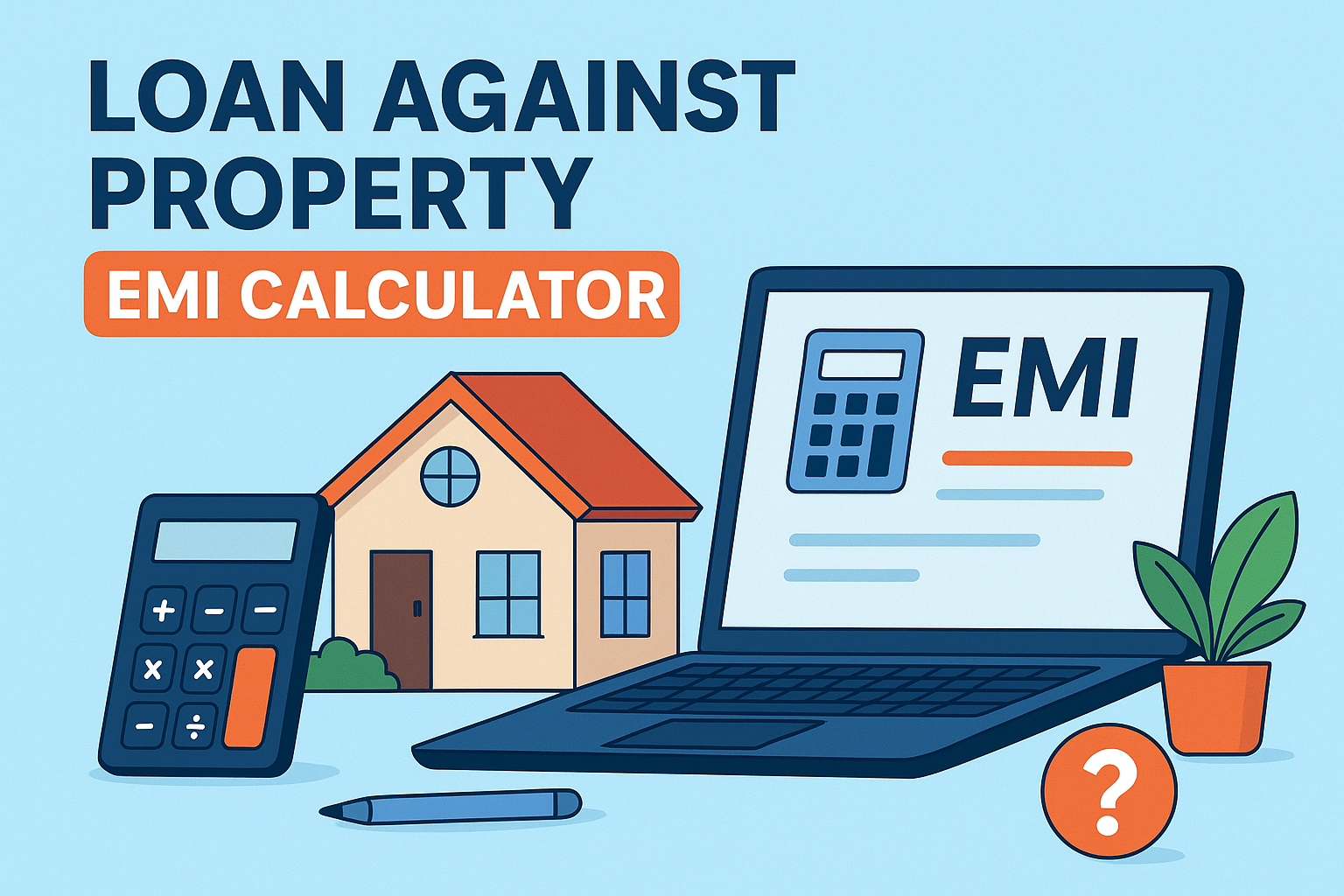Published on November 3rd, 2025
When people think about financial growth, they often imagine strict budgets, investment strategies, or cutting back on expenses.
While those are useful tools, one often overlooked ingredient is self-compassion. The way you treat yourself during financial ups and downs plays a big role in your long-term success.
Programs like veteran debt relief highlight the importance of not just addressing the numbers but also supporting the mindset and emotional well-being of those managing financial challenges.
By practicing self-compassion, you can create a healthier relationship with money that fuels steady progress instead of constant stress.
Why Self-Compassion Matters in Money Management
It’s easy to be hard on yourself when you make financial mistakes. Maybe you overspent during the holidays or missed a payment deadline.
Self-criticism often kicks in, and while it might feel like tough love, it usually leads to more shame and avoidance. Self-compassion, on the other hand, helps you approach your finances with patience and clarity.
When you forgive yourself for slip-ups and see them as opportunities to learn, you’re more likely to get back on track quickly rather than spiral into guilt-driven overspending or avoidance.
Reducing Stress and Anxiety Around Finances
Money stress is one of the most common sources of anxiety. Constantly worrying about bills, debt, or savings can drain your energy and affect your mental health.
Self-compassion eases this burden by helping you approach financial challenges with a calmer mindset.
Instead of panicking when things don’t go perfectly, you remind yourself that financial setbacks happen to everyone and that you’re capable of handling them. This shift reduces anxiety and allows you to think more clearly about solutions.
Building Resilience Through Financial Setbacks
Resilience is the ability to bounce back after challenges, and self-compassion is key to developing it. When you show yourself kindness, you’re more likely to stay engaged with your financial goals, even when things don’t go smoothly.
For example, if your car breaks down and sets you back a few months on saving, being compassionate toward yourself helps you accept the setback without giving up entirely. Over time, this resilience allows you to keep moving forward and build a stronger financial foundation.
Encouraging Responsible Financial Habits
Self-compassion doesn’t mean ignoring mistakes—it means addressing them with care. When you treat yourself with respect, you’re more motivated to act responsibly with your money.
This might mean creating realistic budgets instead of extreme ones, setting achievable savings goals, or asking for help when needed. By treating financial growth as a process rather than a test you either pass or fail, you’re more likely to develop habits that last.
Patience as a Form of Self-Compassion
Financial growth takes time. It’s tempting to want instant results, but rushing often leads to poor decisions like overspending on quick fixes or chasing risky investments. Self-compassion teaches patience, reminding you that progress is built step by step.
By accepting that financial success is a journey, you give yourself permission to celebrate small wins along the way—like paying off a single credit card or saving your first $500 emergency fund. These small victories build momentum and confidence.
Transforming Your Relationship With Debt
Debt can carry a heavy emotional weight, leaving many people feeling ashamed or hopeless. Self-compassion helps reframe debt not as a moral failing but as a challenge to be managed.
Instead of beating yourself up about having debt, you can focus on creating strategies to address it—whether through payment plans, side income, or professional guidance. By reducing the shame around debt, you’re better able to take proactive steps that actually move you forward.
The Link Between Self-Compassion and Long-Term Growth
Financial growth isn’t only about wealth—it’s about stability, confidence, and peace of mind. Practicing self-compassion strengthens all of these areas. You’re less likely to give up when things get tough, more likely to learn from mistakes, and more consistent in your efforts.
Over time, this steady and balanced approach leads to real growth that’s sustainable, not just quick wins that disappear with the next setback.
Practical Ways to Practice Self-Compassion With Money
If self-compassion feels like a vague concept, start with simple steps. Speak to yourself the way you would to a close friend facing the same financial challenges.
Replace harsh self-talk with encouragement and problem-solving. Keep a journal of small financial wins to remind yourself of your progress.
And when setbacks happen, remind yourself that they’re part of the journey, not the end of it. These small practices help build a kinder, more supportive inner voice that sustains your financial growth.
Conclusion: Self-Compassion as a Financial Tool
Financial growth is often painted as a purely practical or technical process, but the emotional side of money is just as important. By practicing self-compassion, you reduce stress, build resilience, and create healthier habits.
Over time, this mindset shift leads not just to better finances but also to greater confidence and peace of mind. In other words, treating yourself kindly may be one of the smartest financial strategies you can adopt.







